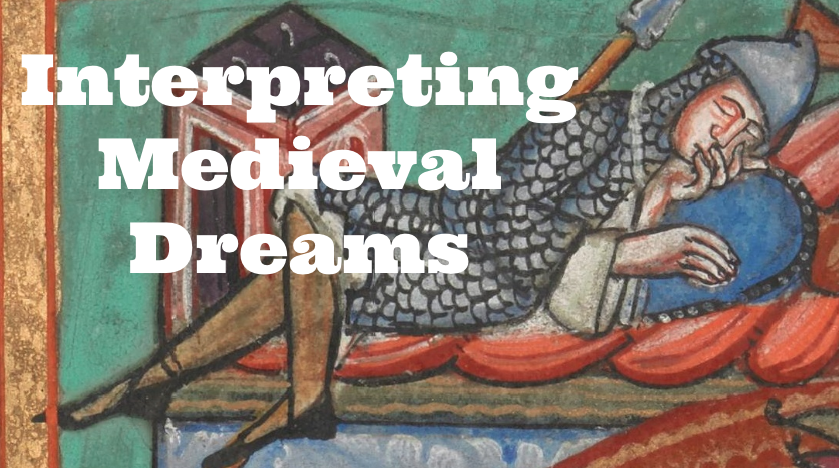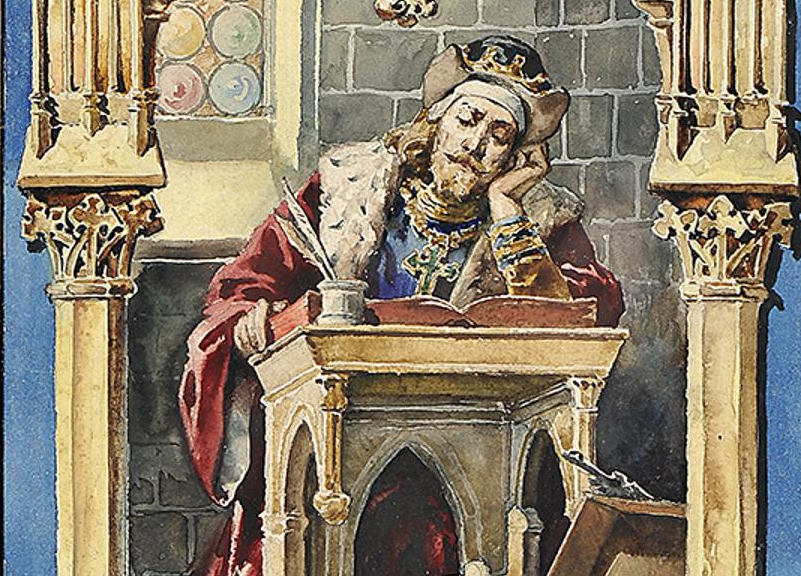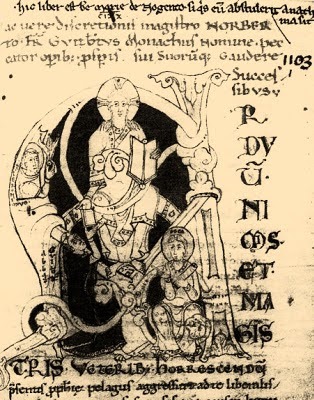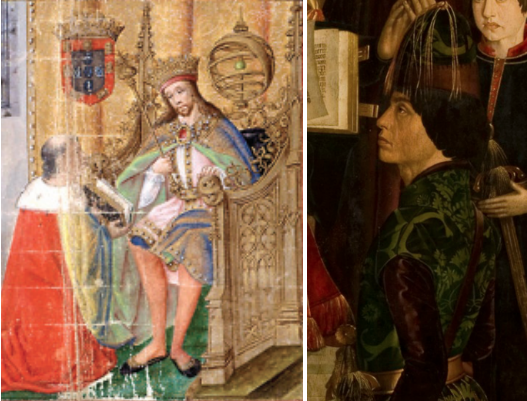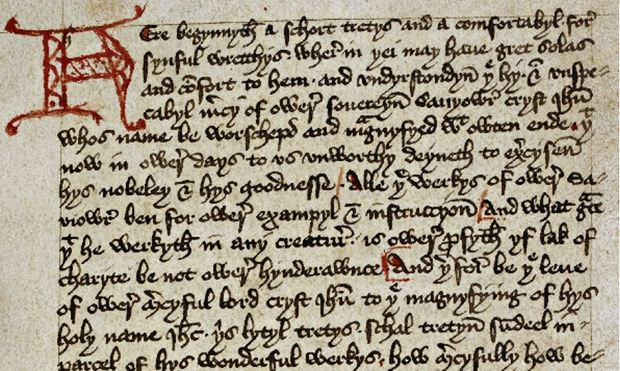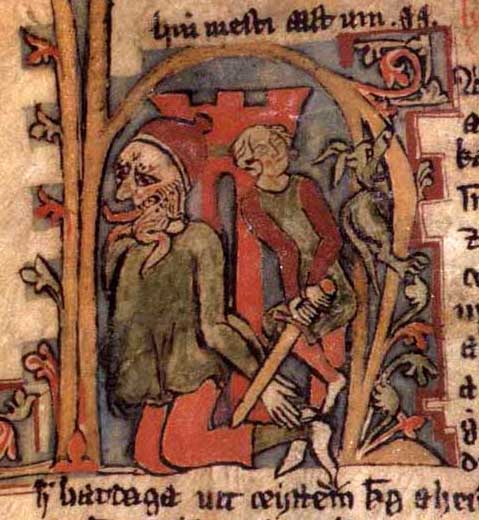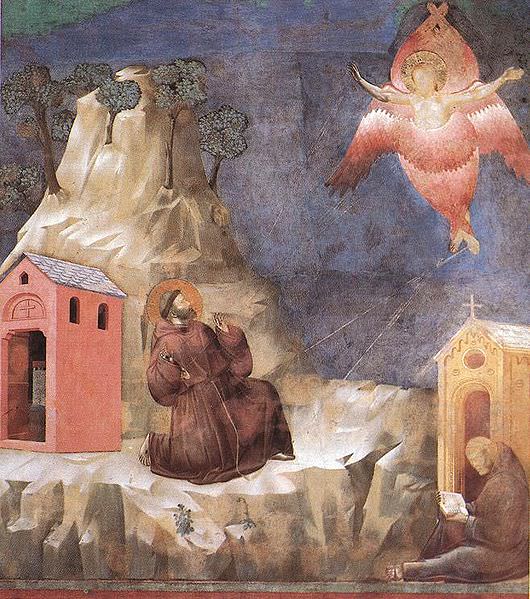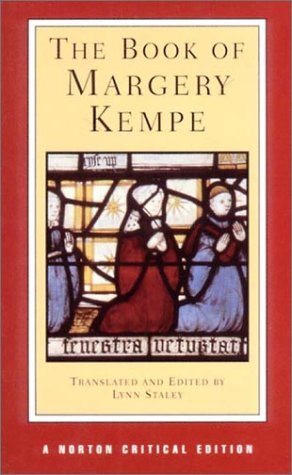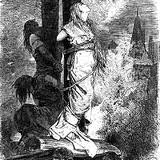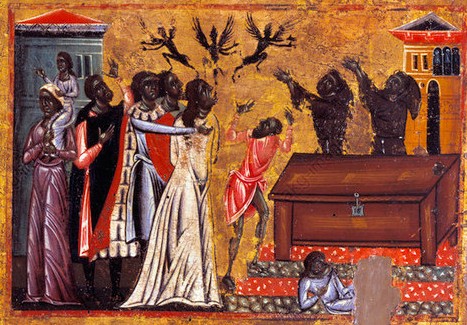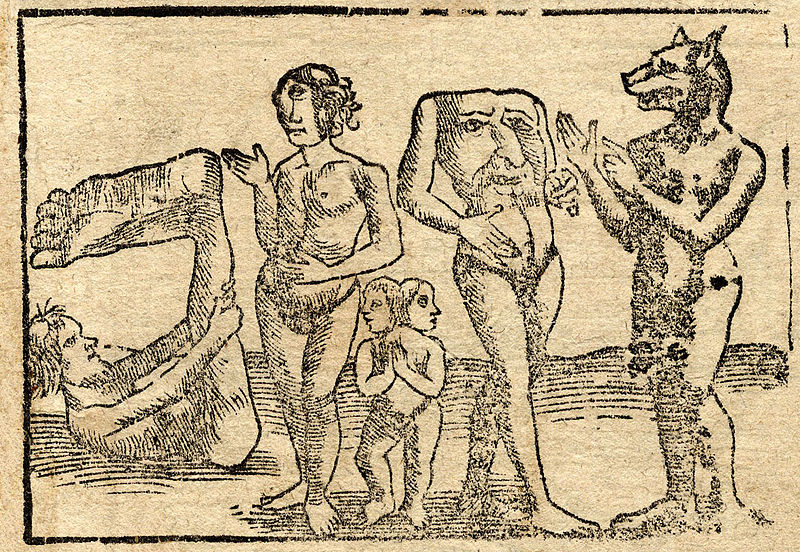The Mad Norse King
What happens when the mental health of a medieval King of Norway declines into madness? The story of Sigurðr the Crusader, who reigned for over 25 years, provides a fascinating account of mental illness from the 12th century.
Interpreting Medieval Dreams
Dreams have a powerful way of stirring emotions, so it would be awfully nice to know if they contain important messages for us, or hints about the future.
A thirteenth-century theory of speech
Robert Grosseteste (c.1175–1253) was a celebrated medieval thinker, who, as well as writing on philosophy and theology, developed an impressive corpus of treatises on the natural world.
The Burden of the Throne: A Medieval King’s Thoughts on Mental Health
Duarte incorporates his personal experience of physical and mental health into state governing: deeply believed in the body politic, Duarte believes that the sovereign’s mental stability affects the stability of the kingdom, so it lies within a king’s duty to seek happiness.
The personality of Guibert de Nogent reconsidered
Uncertainty over Guibert’s reasons for writing his autobiography, the De vita sua, has prompted attempts at psycho-historical analyses of his personality.
Both “illness and temptation of the enemy”: melancholy, the medieval patient and the writings of King Duarte of Portugal (r. 1433–38)
Recent historians have rehabilitated King Duarte of Portugal, previously maligned and neglected, as an astute ruler and philosopher. There is still a tendency, however, to view Duarte as a depressive or a hypochondriac, due to his own description of his melancholy in his advice book, the Loyal Counselor.
Medieval mysticism or psychosis?
Alison Torn investigates the strange case of Margery Kempe
The influence of conflicting medieval church and social discourses on individual consciousness : dissociation in the visions of Hadewijch of Brabant
This article examines the influence of the conflicting dis- courses in the medieval church and its social context on the subconscious experiences of Hadewijch of Brabant, a 13th century Flemish visionary, mystical author, vernacular theologian and Beguine leader
A Medieval Dream and its Interpretation
Medieval people were also interested in dreams, and they attempted to figure out what they meant. Often a dream would be interpret as a sign of future events, or a divine warning that someone needed to change their ways.
Melancholia in medieval Persian literature: The view of Hidayat of Al-Akhawayni
This paper aims to review Al-Akhawayni’s 10th century knowledge on melancholia which can represent the early concept of this disorder in the Near East.
Dreams in Old Norse-Icelandic Royal Biographies as Representations of the Dynastic Identity: The Case of the Fairhair Dynasty
King Hálfdan dreams one day, in a pigsty, that he becomes a man with the finest hair, although the color and length of each ringlet vary. One curl excels in color, brightness and length, signifying St. Olaf, national saint of Norway.
Dreams in medieval Saints’ lives: Saint Francis of Assisi
How do medieval descriptions of dreams or visions reflect spiritual growth? What images are used as rhetorical or hagiographical means? And what can we learn from the interpretation of these spiritual images in a late medieval literary context?
Opicinus de Canistris: Yesterday and today
Opicinus is the first maker of anthropomorphic maps of the countries around the Mediterranean, and the first psychotic cartographer and imaginative writer in the historical field of the Psychopathology of Expression.
An outside for the inside : a psychoanalytic reading of The Book of Margery Kempe
It is evident in Margery Kempe’s visions of holy family life that Virgin and Christ dyad is an oedipal fantasy of the child who is the father of himself.
Plague and Persecution: The Black Death and Early Modern Witch Hunts
The century or so from approximately 1550 to 1650 is a period during which witch-hunts reached unprecedented frequency and intensity. The circumstances that fomented the witch- hunts—persistent warfare, religious conflict, and harvest failures—had occurred before, but witch-hunts had never been so ubiquitous or severe.
Anesthesia Drugs in the Medieval Muslim Era
In the Middle Ages, Christian Europe was in a state of intellectual stagnation and the theological doctrine that pain serves God’s purpose and must not be alleviated militated against the improvement in methods of narcosis. Nuland points out that the Middle Ages in Europe were dark ages so far as advances in the pharmacology of anesthesia were concerned.
Experience and Meaning in the Cathedral Labyrinth Pilgrimage
A medieval design based in Sacred Geometry principles, this unicursal path through concentric circles is a metaphorical container for spiritualjourneying.
Incubus: the medieval nightmare disease
Some people have nightmares of being crushed to death, either by a person or a thing. In the Middle Ages this type of dream was so common that had it a name: incubus (which means ‘the crusher’ in Latin).
Saint Francis of Assisi: An Exorcist of Demons
Saint Francis was considered such a model of Christian virtue that he was able to perform miracles as an agent of Jesus. Among them, the description of demoniacs and exorcisms are particularly interesting for the history of psychiatry.
Fasting Girls: Then and Now
Fasting Girls: Then and Now Lecture by Joan Jacobs Brumberg Given at Cornell University, on February 16, 2012 Why do we hear about…
Manuel II Palaiologos: Interpreter of dreams?
Discussion on the origin of dreams and the art of dream interpretation always fascinated the Byzantines and other medieval people as it is evident, not only within the numerous texts on the subject, but also in hagiographical and historiographical sources.
Women and Hysteria In The History Of Mental Health
Hysteria is undoubtedly the first mental disorder attributable to women, accurately described in the second millennium BC, and until Freud considered an exclusively female disease.
Fasting and the female body : from the ascetic to the pathological
Importantly, the dietary practices of the early Christians cannot be understood as a single corpus of ideas or practices. It could mean going without food altogether, as in the case of one of the desert fathers, Simeon Stylites, who ate nothing for the whole of lent.
The role of mythical and imaginary figures in the mental framework of medieval society
It is crucial to evaluate also whether or not medieval people distinguished the fiction from reality, and if they did, does this have an impact on the roles which certain figures performed?
The Miracles of Saints Cosmas and Damian: Characteristics of Dream Healing
Cosmas and Damian were trained physicians, already famous during their lives, but their great career as healers started after they suffered martyrdom in 287 or 297.

